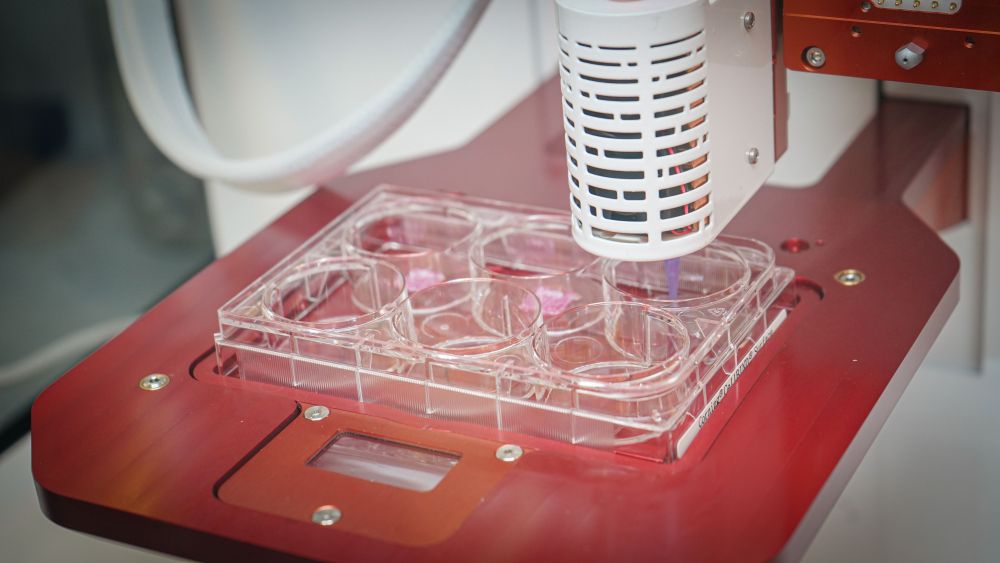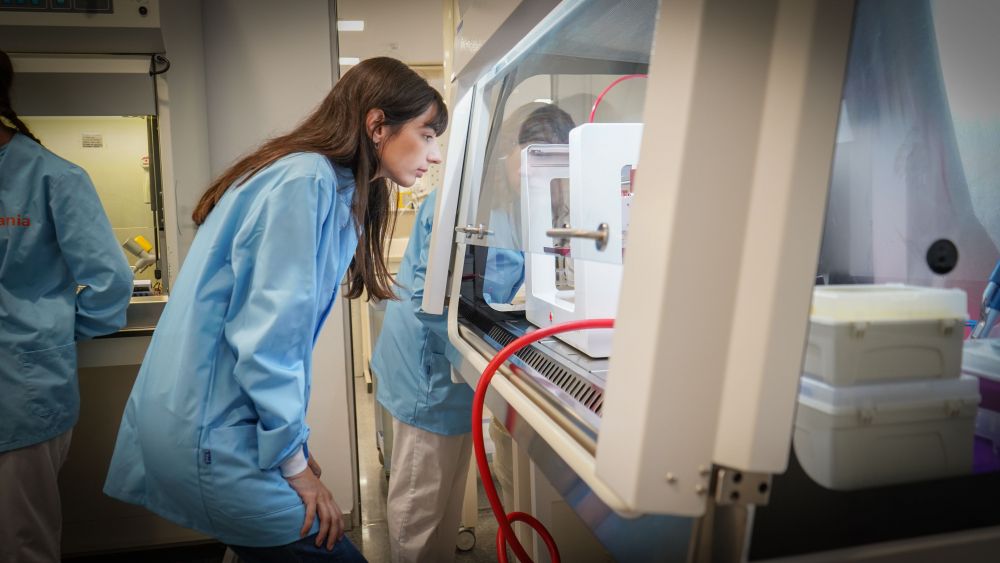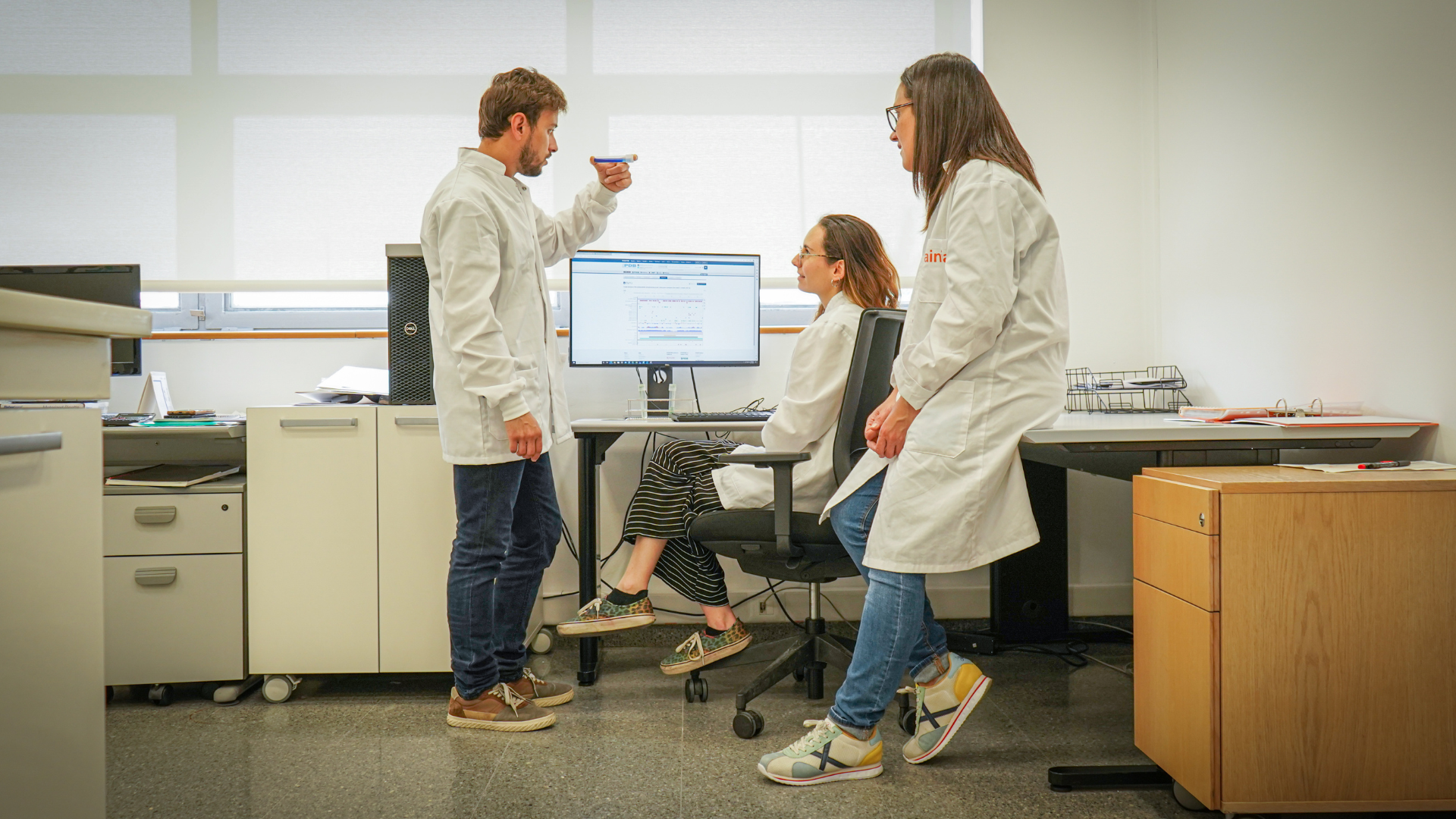The cosmetics sector is a sector that is continually innovating to meet current and future regulatory and legislative requirements, as well as to adapt to the demands of consumers, who demand more effective and natural products. Currently, there is a trend and a great demand for natural products, whose formulations are mainly made up of ingredients of natural origin.
In addition, consumers are demanding more effective cosmetic skin care products that can solve certain problems, such as ageing, more effectively and more quickly. These circumstances are driving the cosmetics industry to search for products and ingredients with advanced properties. However, although the demands of the sector are clear, the formulation processes and ingredients have limitations, in most cases associated with the stability and bioavailability of the active compounds after application. One of the most studied and explored technological alternatives is through encapsulation processes, in which sensitive active ingredients can be protected, increasing their stability and even influencing and improving release kinetics and bioavailability.
AINIA, aware of this paradigm, is studying and evaluating, through the MAREA project "New advanced encapsulation materials for the microencapsulation of sensitive compounds", the capacity of certain materials to form controlled release systems, through microencapsulation processes, so that the active compound is directed exclusively to the target cells of the skin and is released at that specific point.
Targeted and controlled release of therapeutic molecules is a field that has been studied for decades due to the great interest it started to arouse in the pharmaceutical industry and later also in the cosmetic and food industry. It is defined as a process of dosing an active molecule at a specific rate and/or in a specific location, allowing adequate bioavailability values to be obtained and guaranteeing the therapeutic effect after application. However, these delivery systems have certain limitations, such as specific transport to the target cells of interest, depending on the application. To overcome this limitation, the external surface of the encapsulation materials can be functionalised with biomolecules capable of interacting specifically with overexpressed receptors on the cells of interest.

The MAREA project has focused its research on the generation of targeted delivery systems in two types of materials: polymer-based materials with biodegradability and biocompatibility properties, such as polylactic acid (PLA) and polylactic-glycolic acid (PLGA), and materials of natural origin, such as exosomes. These consist of vesicular structures secreted by cells and containing some protein or portions of nucleic acids. They are characterised by specific markers in their membrane that allow interaction with target cells, so that no surface modification is necessary.
For the selection of the encapsulation polymeric materials (PLA and PLGA), both their technical capacity to form capsules by means of certain microencapsulation processes and their biocompatibility and biodegradability properties were taken into account. The latter property, biodegradability, is of great relevance, as the cosmetics sector faces the great challenge of complying with future legislation regarding the elimination of microplastics and thus achieving the Sustainable Development Goals (SDGs) regarding the elimination of microplastics in the marine environment. Most cosmetic formulations contain many compounds of synthetic origin, which are considered microplastics. Therefore, the sector is engaged in the search for alternative ingredients of natural origin that do not generate microplastics and, therefore, do not pollute the marine environment.
In order to direct the PLA and PLGA capsules towards the target cells, where the encapsulated active ingredient must be released, and thus generate the targeted release systems, we studied the modification of the capsule surface with biomolecules capable of interacting with specific receptors expressed on the target cells of interest, which in this case were the keratinocytes of the skin. Therefore, certain penetrating peptides, which have the ability to cross the stratum corneum and target skin keratinocytes, were selected and anchored to the surface of the polymeric capsules. A computational chemistry-based predictive modelling study was carried out in collaboration with Swansea University in order to define the form of anchorage between the peptides and the polymers, with the aim of obtaining a stable and functional capsule.

Verification of the efficacy and safety of the targeted release systems obtained in the project was performed in vitro in 3D cellular models based on skin cells such as keratinocytes and dermal fibroblasts. The search for evidence to support claims of cosmetic effectiveness must be an integral part of cosmetic product development and not only support the communication of product effectiveness as defined by European regulation (Guideline for the Evaluation of the Efficacy of Cosmetic Products by COLIPA, The European Cosmetic and Perfumery Association). Pre-clinical studies include in vitro studies using cell models. The use of these cellular models is becoming increasingly important due to the great advances in the understanding of the complex molecular processes that regulate and control the development of the different cells that form part of the skin, individually and within the tissues. Among the many advantages are the "personalisation" depending on the product or indication sought, the duration of the trial and the variability. The results obtained in these in vitro studies with the delivery systems developed have been used to modify and adjust the development of the capsules to ensure the biocompatibility of the samples, as well as their effectiveness.

